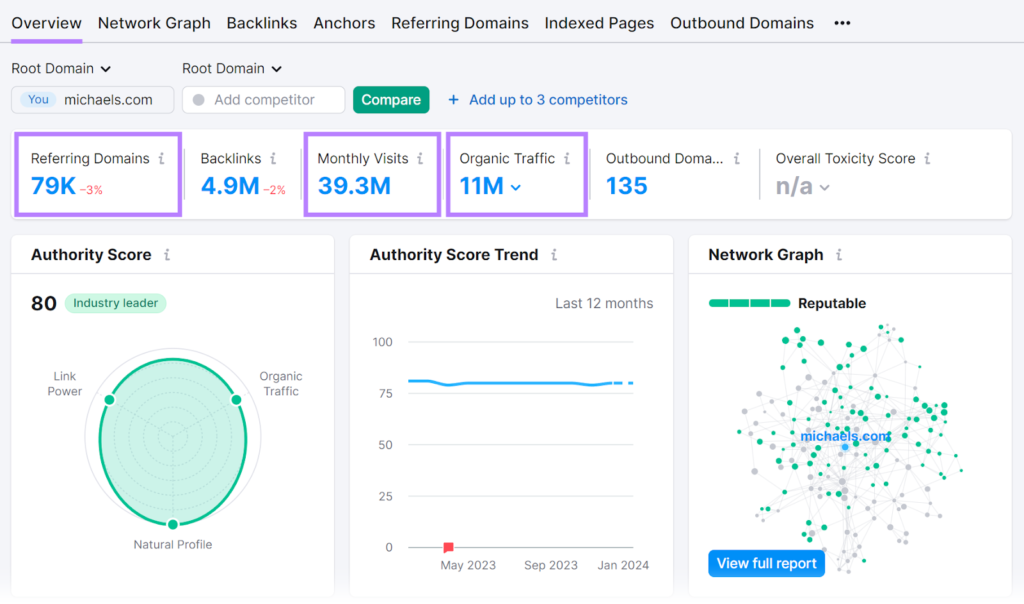In the evolving landscape of SEO, understanding the influence of generative engine optimization (GEO) is crucial. We’ve gathered insights from CEOs and CTOs to provide you with their best strategies. From setting clear GEO KPIs to integrating advanced analytics with GEO, here are three expert tips on tracking and analyzing GEO’s impact on SEO performance.
Table of Contents
Set Clear GEO KPIs
Companies can track the impact of GEO on SEO performance by using tools like Google Analytics and SEMrush. Regularly monitoring metrics such as organic traffic, bounce rates, and conversion rates provides insights. A tip: Set clear KPIs from the start to measure and adjust strategies effectively.
Alex Stasiak, CEO & Founder, Startup House
Segment GEO Content for Analysis
One very basic but effective method is to ensure that you have created it in a separate tree or path of your site. That way, you can easily segment in an analytics platform content that is GEO and content that has not had this attention.

You can then compare and contrast metrics.
Oftentimes, there is a tendency to try and be too fancy with measurement and metrics, but trust me, you can and will go down rabbit holes that need not be explored.
Track the top three basic high-level KPIs with solid metrics, and then drill down and test theories and ask questions from there.
Trevor Stolber, Co-Founder, CTO, VibeLogic
Integrate Advanced Analytics with GEO
To track and analyze the impact of generative engine optimization on overall SEO performance, companies should integrate advanced analytics tools, such as Google Analytics and Search Console, with their SEO strategy.
Monitoring metrics like organic traffic, keyword rankings, and click-through rates before and after implementing generative AI techniques can provide valuable insights. Utilizing A/B testing can also help compare different content strategies.
One tip is to use AI-powered SEO tools like Clearscope or MarketMuse, which can help identify content gaps and optimize for user intent. These tools analyze top-performing content and suggest improvements, ensuring that generative AI outputs align with search engine algorithms and user expectations.
Dhari Alabdulhadi, CTO and Founder, Ubuy Netherlands





























